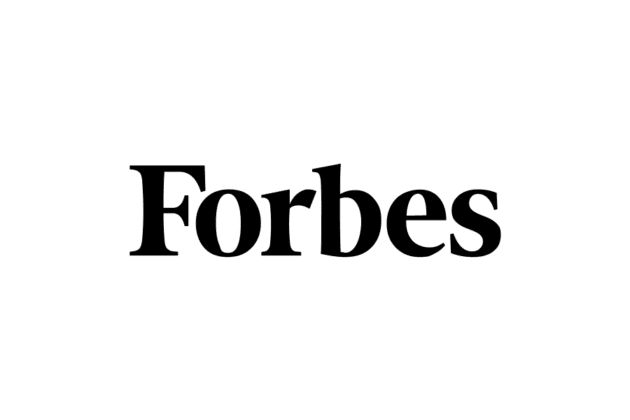Jeff Moses, CEO of WorkForce Software, connects with Fast Company readers and shares his insights into why employers need to adapt their workforce management strategies to meet evolving employee expectations, especially as the class of 2024 enters the workforce.
These graduates, shaped by the disruptions of the COVID-19 pandemic, demand more flexible scheduling, meaningful professional development, and modern communication tools. The article underscores the critical importance of offering work-life balance and mental health support, noting that 60% of employees are open to leaving their jobs if their expectations are not met.
“The class of 2024 expects its employers to operate with modern workforce management platforms and processes, like those they used throughout their education and in their personal lives,” says Moses. “This isn’t just a digital transformation to appease employees—modern workforce management technologies give companies a range of features and capabilities that provide real-time insights into employee performance and enhance communication and collaboration.”
Employers must invest in modern workforce management technologies and create supportive, flexible cultures to attract and retain top talent. Moses points out that adapting to these new demands is not optional but a business imperative for staying competitive in the evolving employment landscape.
“Modernizing workforce management also takes the burden off administrators who may have to manually create schedules, send pay stubs, and disseminate information about the benefit of traditional HR software. Making all this available to employees through self-service apps gives them easier access, creates transparency, and builds trust.”



